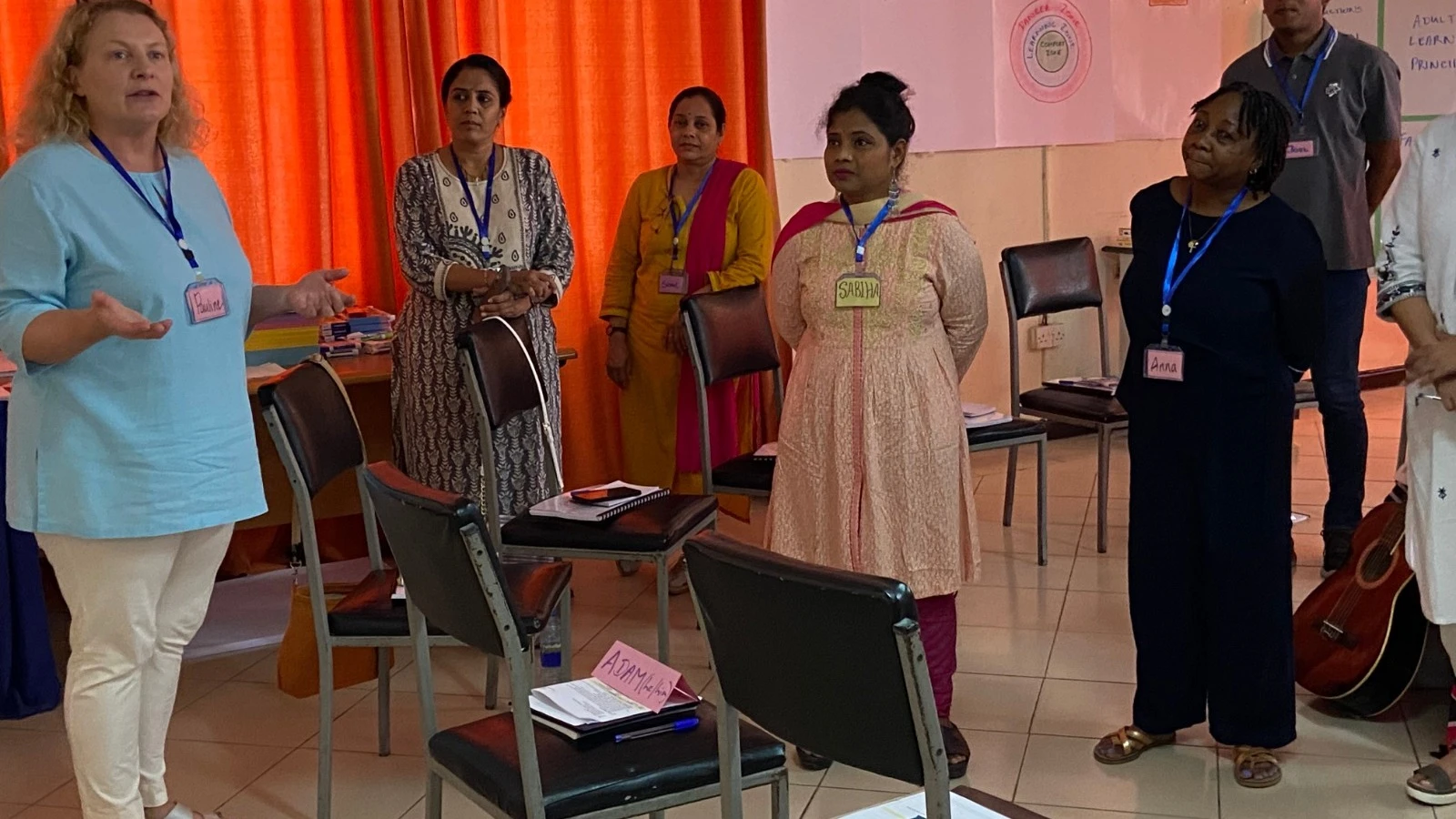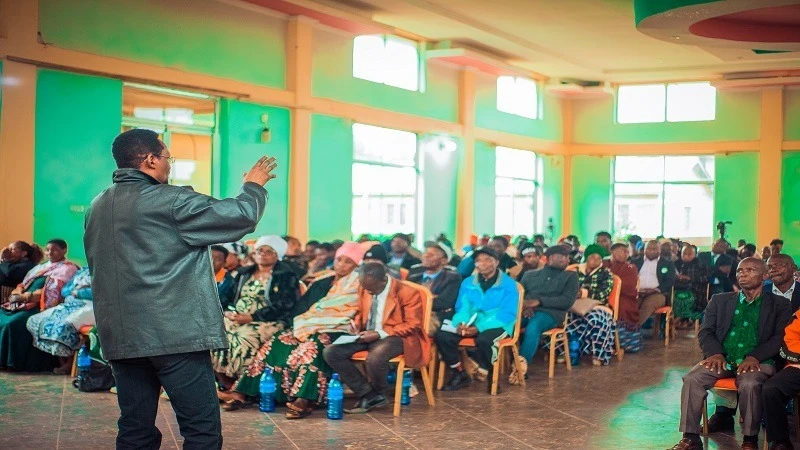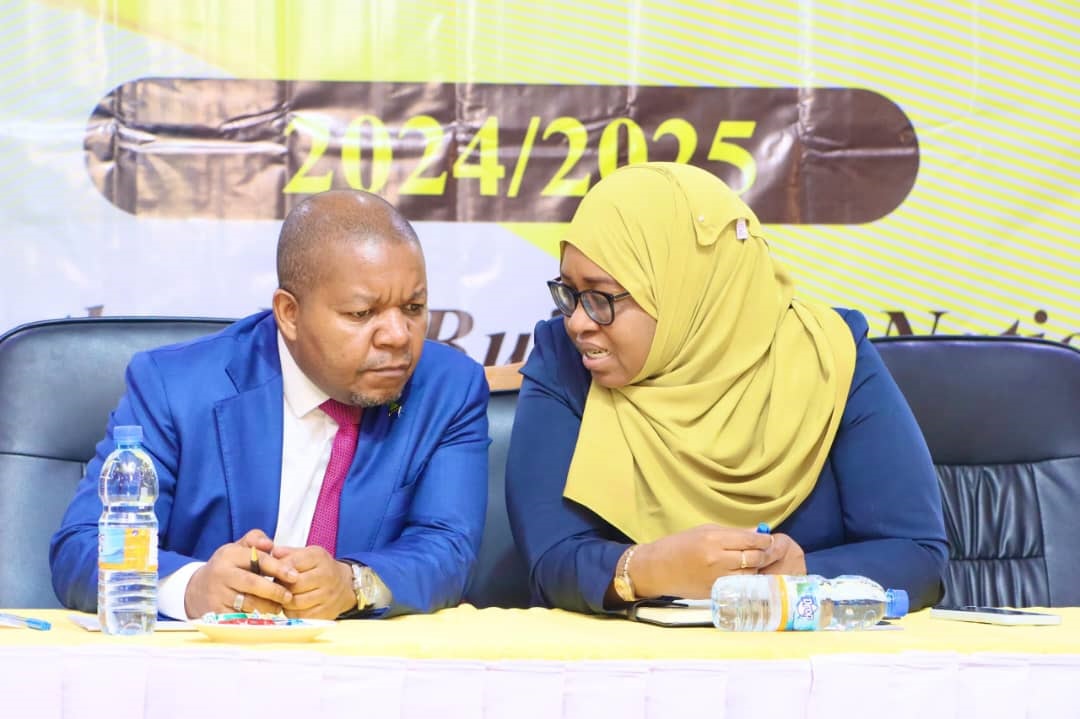Why women empowerment, engagement in economic activities vital in creating new jobs

The government has been urged to create policy space that would enable women running their businesses to gain confidence and exposure to new opportunities.
The call was made in Dar es Salaam by Coady Institute St Fx University of Canada Program Teaching Staff Pauline Maclntoshy, during a five-day training on facilitation fundamentals that was organized by TGNP in collaboration with the COADY Institute.
She said “Women know how to manage their households, economies. It is really a matter of creating policy and space to enable them to take the skills and knowledge to the next level and help them see the value of the work they do.”
According to her, women have been managing their households and various activities in the communities they live.
Coady Institute is an organization that offers community development leadership training or aspects to communities in both Canada and abroad.
A five-day training was part of the project Coady Institute is currently involved in by bringing a number of countries and civil organizations together here at TGNP Headquarters in Tanzania to engage in training related to fundamentals of facilitation.
A five-day training brought together participants from four countries, Tanzania, Ethiopia, Bangladesh and India.
“These civil organizations are largely focusing on improving the lives of people and communities where they live. Particularly looking at women empowerment and engagement in economic activities and really creating opportunities for women to have better options for themselves and their families.”
So, the course itself focuses on how to engage people in learning in a way that is community centered and focused, and starts with the knowledge of the people.
She noted “We certainly value that people in the communities at the grassroot have tremendous depth of knowledge and skills. And incredible attitude that has served them well for many years.”
Thus, it is important to start with their knowledge and see what they wish to learn and strengthen their already existing capacity to help them achieve their goals and vision they have for their lives and communities.
“Our work with these organizations, TGNP inclusive, is to work directly with community members so as to strengthen their abilities to approach facilitation.
We commend TGNP for their incredible work on the ground. We are very proud and privileged to work with TGNP,” she explained.
For her part, Anna Sangai TGNP Senior Programme Officer Training and Capacity Building told the Guardian that the training was prepared through the engagement project focusing on women empowerment and active citizenship.
The training that was hosted by TGNP was sponsored by Coady Institute. The facilitators were from Canada and India.
The importance of facilitation fundamentals lies in their ability to create a structured, inclusive, and effective environment for group interactions.
Whether in business, education, community work, or team collaboration, mastering the fundamentals of facilitation helps guide discussions, solve problems, and make decisions efficiently.
Facilitation fundamentals help ensure that all voices are heard, not just the loudest or most dominant. This fosters inclusivity and draws out diverse perspectives that can lead to more innovative and well-rounded outcomes.
Facilitators use core techniques like setting agendas, timekeeping, and summarizing key points to keep discussions on track. This prevents meetings from becoming disorganized or unproductive.
Facilitation skills help navigate interpersonal tensions, conflicting opinions, or power imbalances. A good facilitator can defuse conflict and keep the group moving forward constructively.
Through consensus-building tools and collaborative decision-making methods, facilitation fundamentals help groups reach decisions that are more widely accepted and sustainable.
Effective facilitation often includes assigning action items and setting deadlines, helping ensure that plans lead to follow-through.
When people feel involved in the process, they’re more likely to commit to the outcome. Facilitators create environments where participants feel valued and responsible for results.
The fundamentals—such as active listening, neutrality, questioning, and summarizing—are transferable across industries and group types, making facilitation a versatile and critical skill.
Facilitation fundamentals are essential because they empower groups to collaborate meaningfully, navigate complexity, and achieve shared goals with clarity and respect.
Top Headlines
© 2025 IPPMEDIA.COM. ALL RIGHTS RESERVED

























